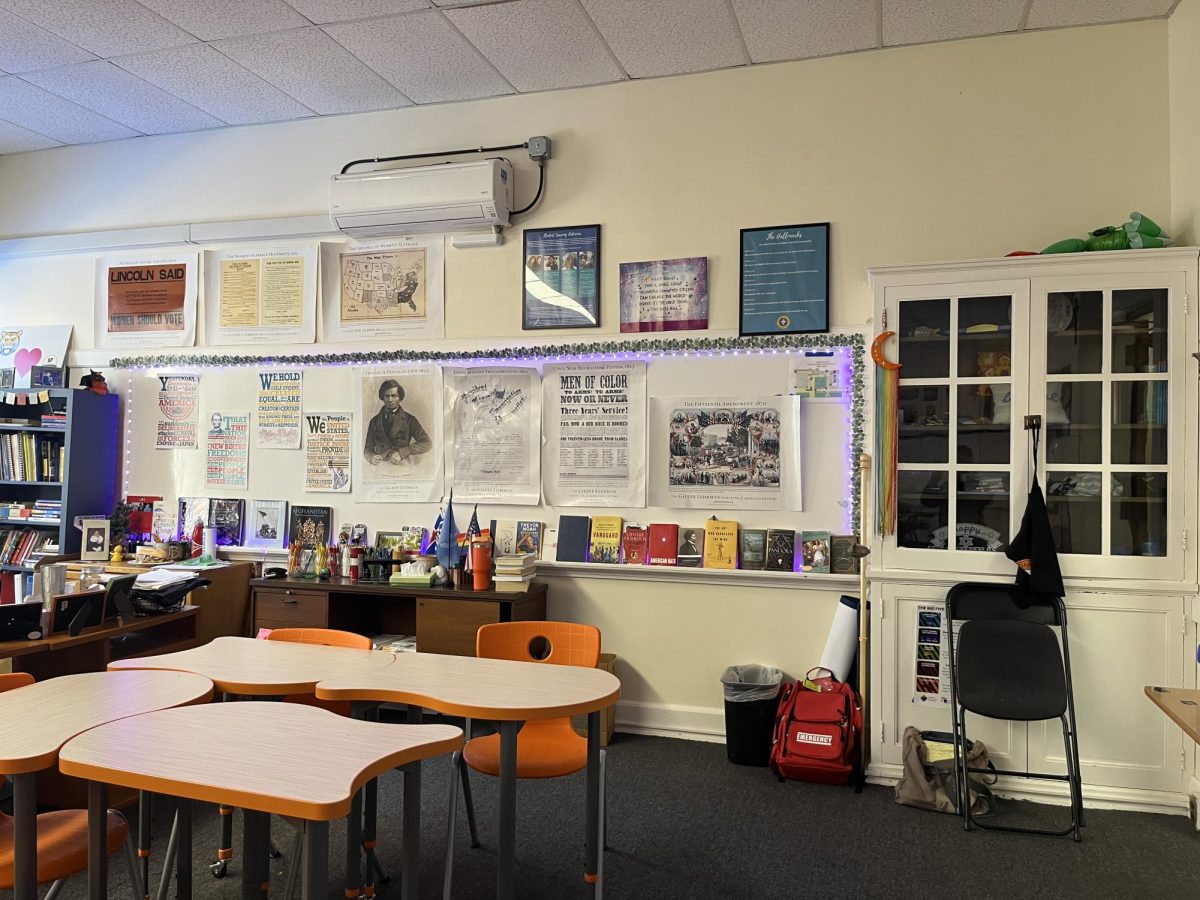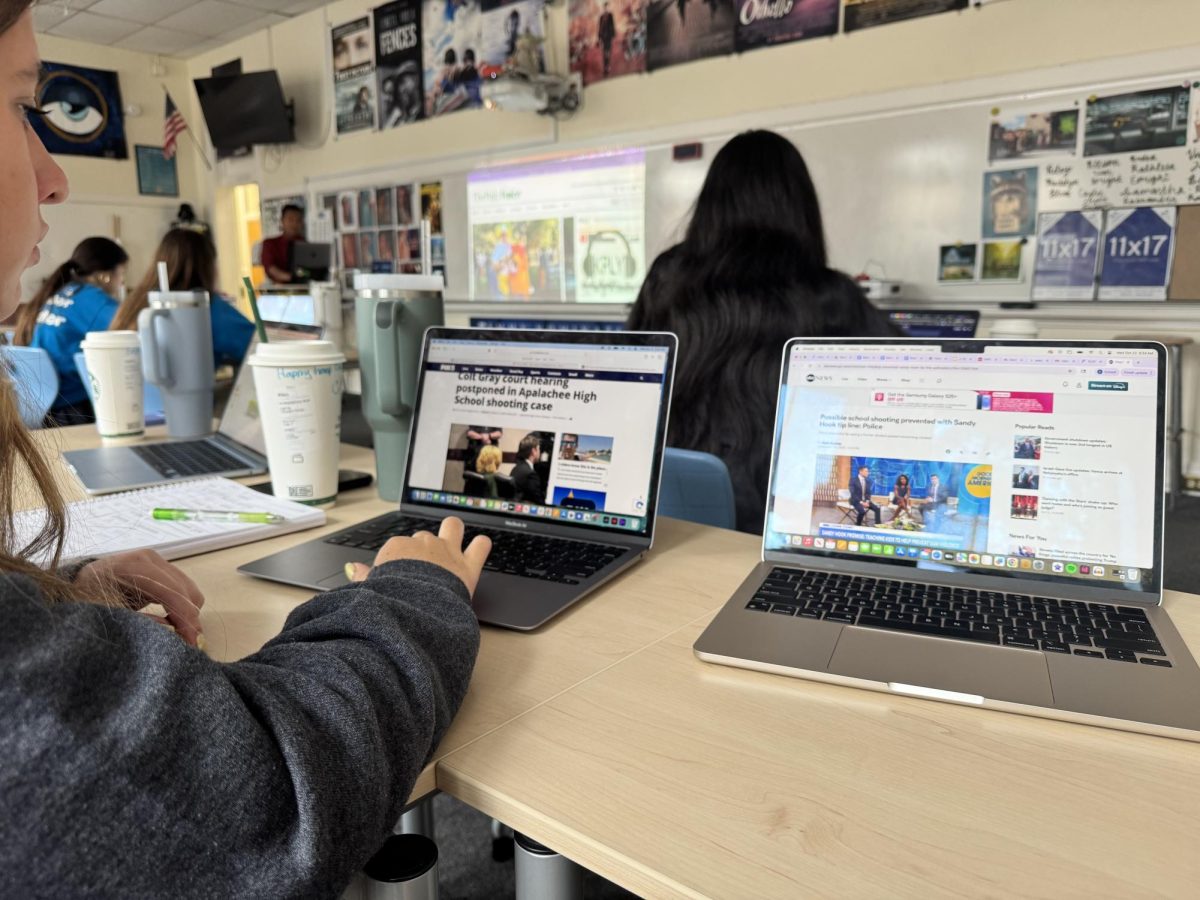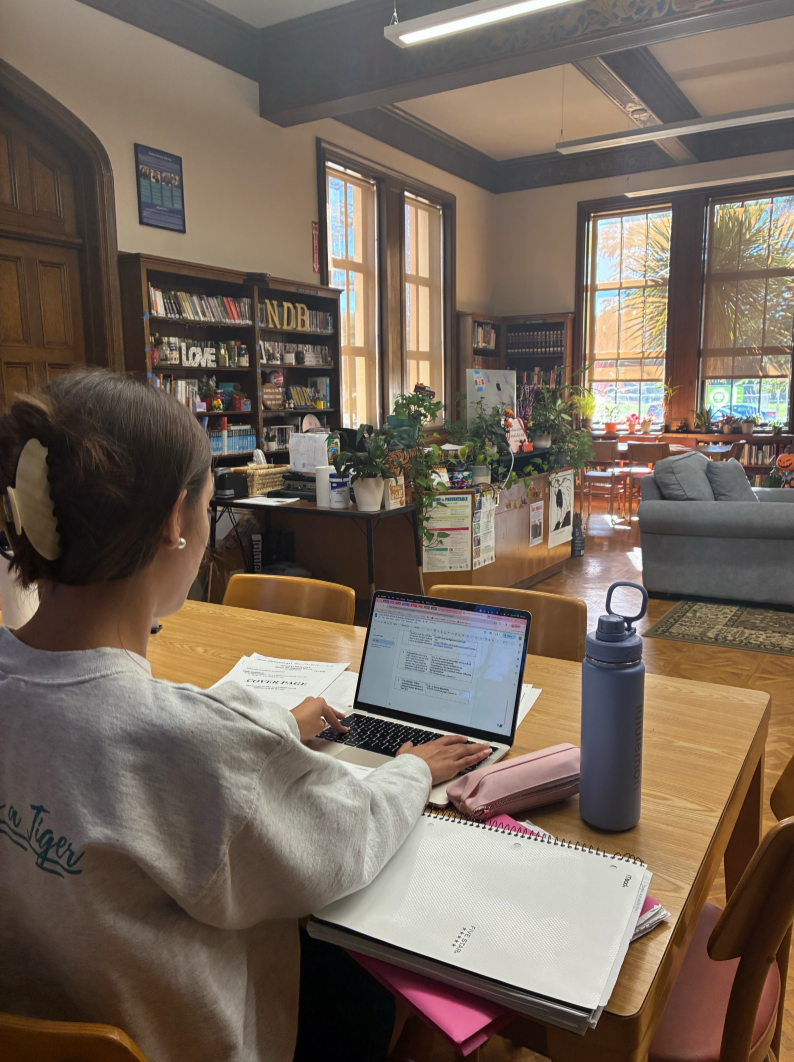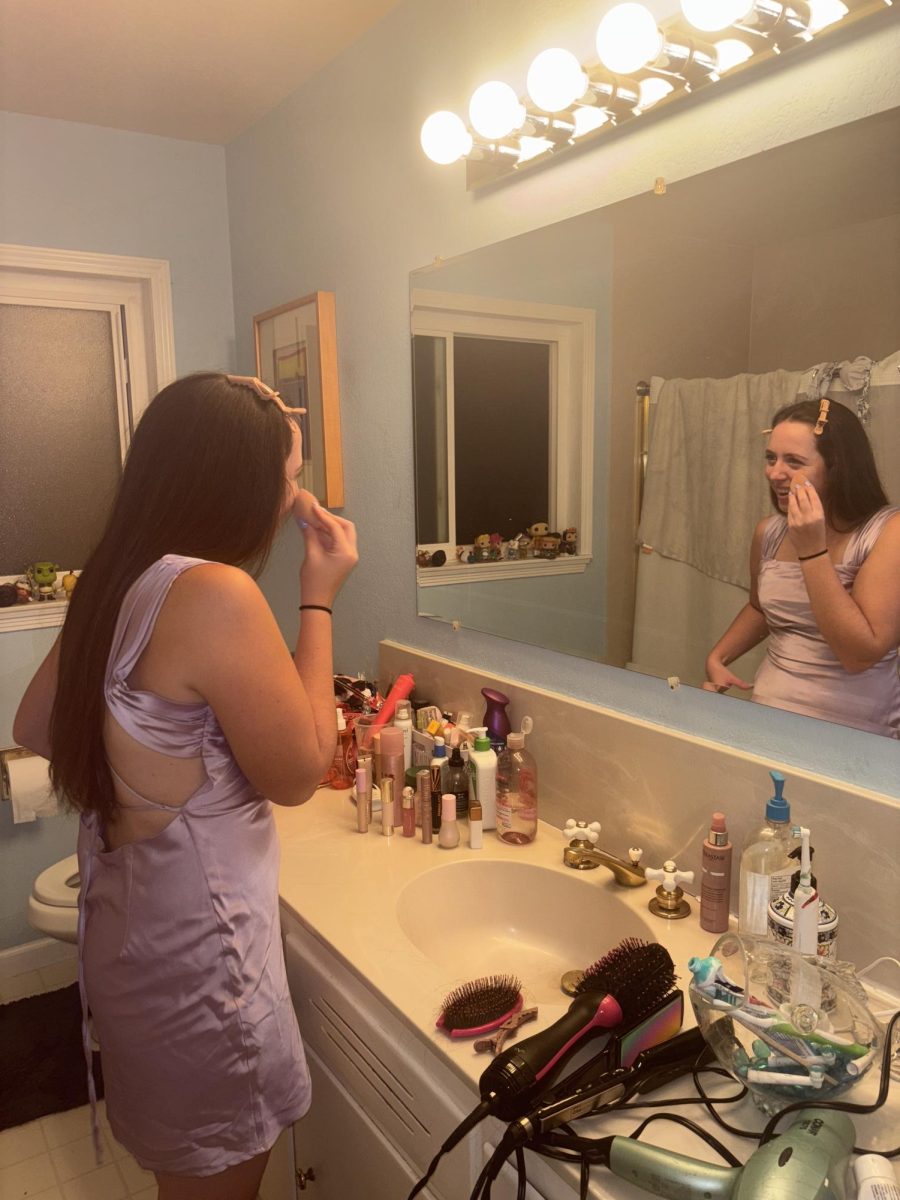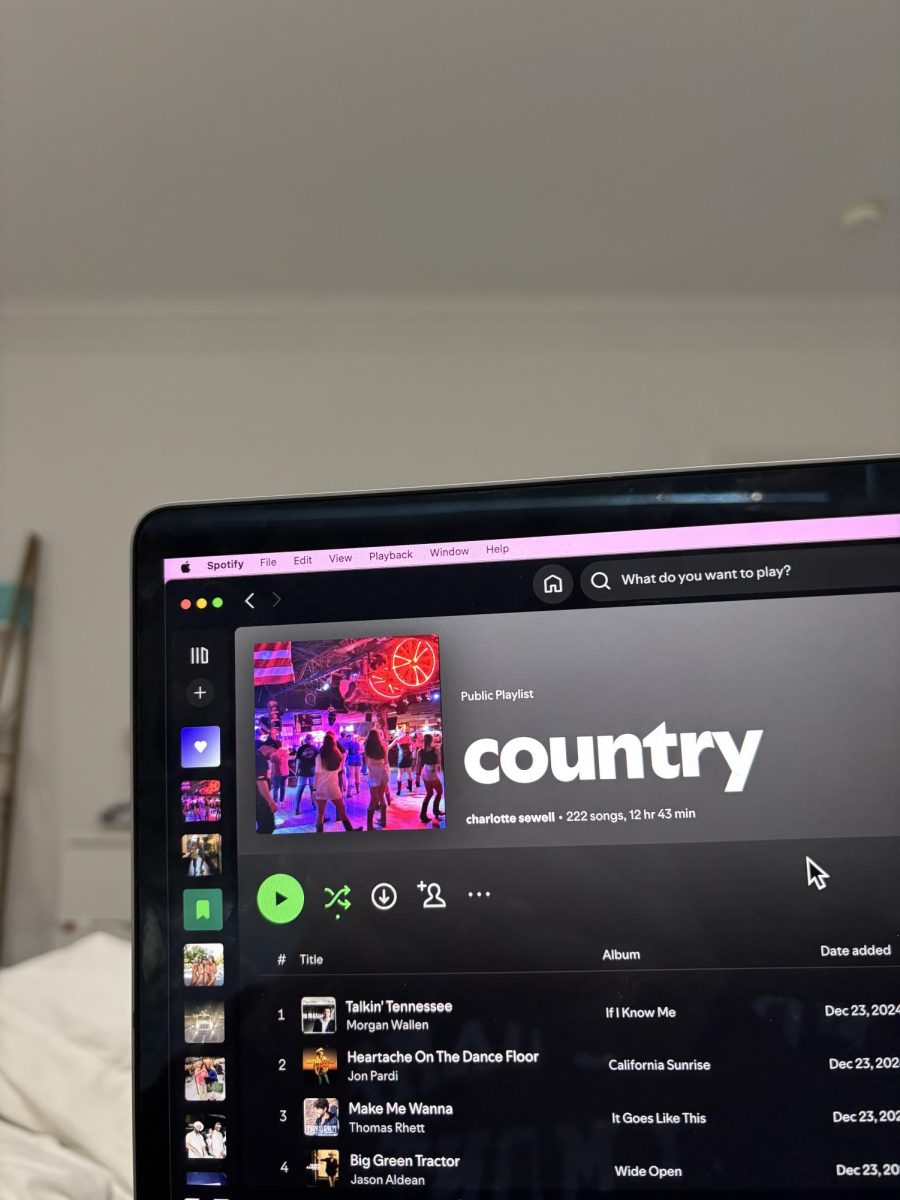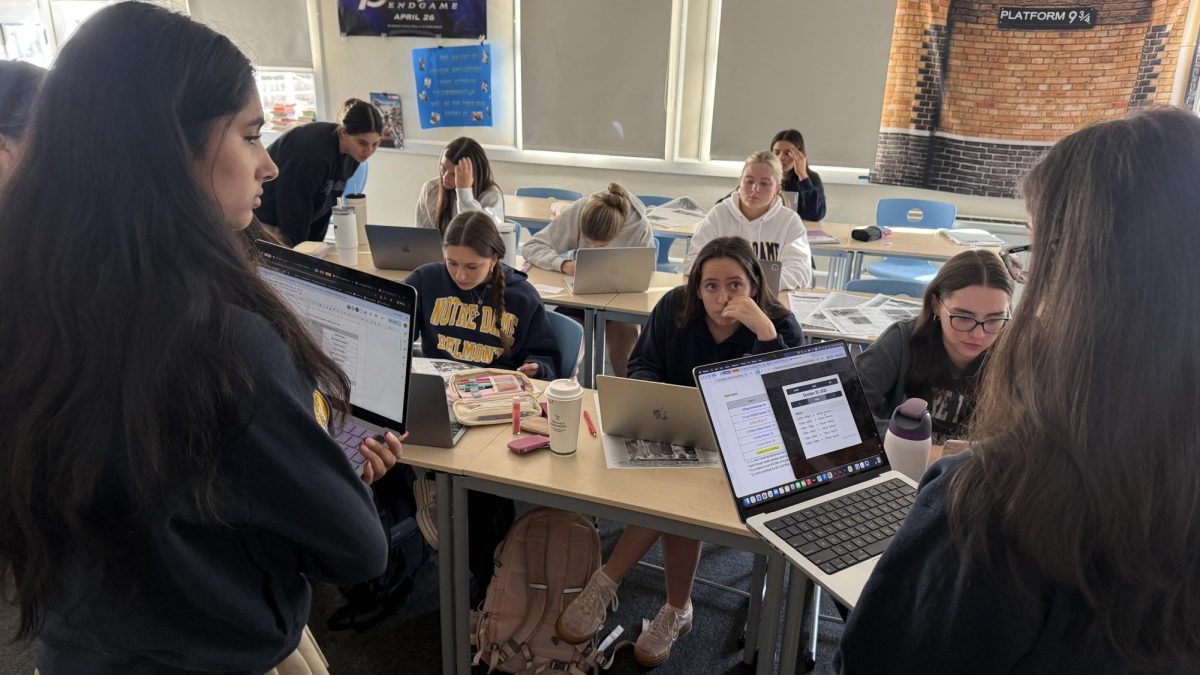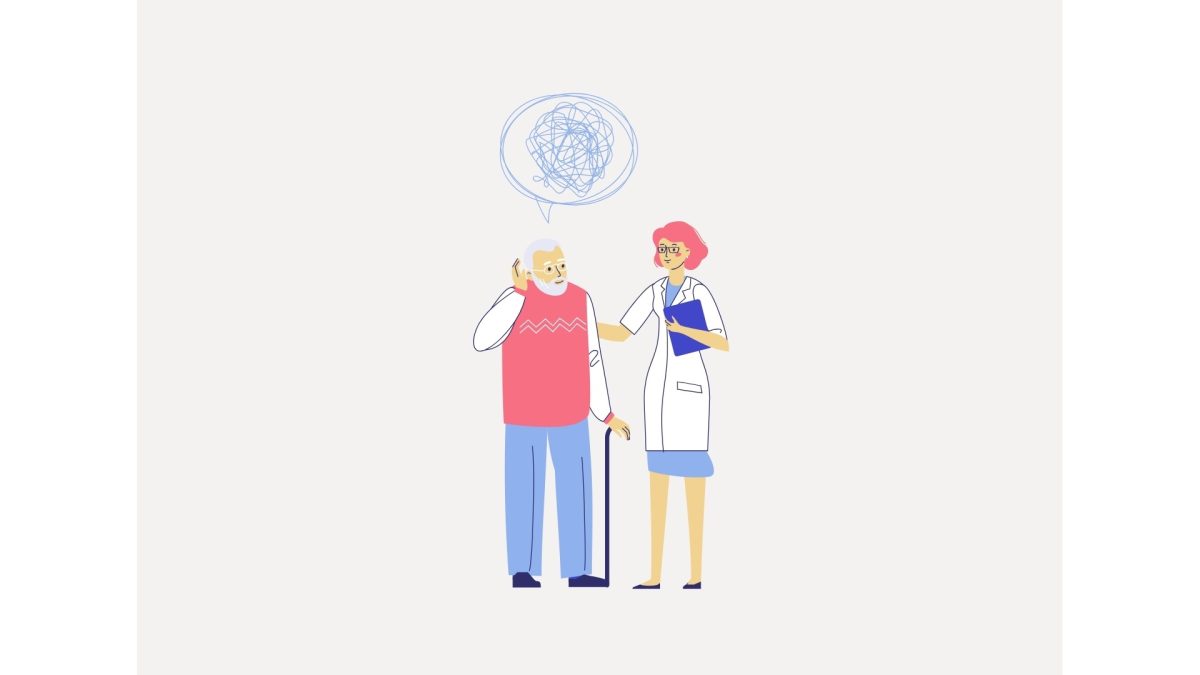“Congress shall make no law respecting an establishment of religion, or prohibiting the free exercise thereof; or abridging the freedom of speech, or of the press; or the right of the people peaceably to assemble, and to petition the Government for a redress of grievances.”
(U.S. Const. amend. I)
Consider this: How familiar are Americans with rights guaranteed by the Constitution?
The quote above is the exact match to the Constitutional text stating the First Amendment, widely considered to be one of the most well-known and most important constitutional amendments. However, the constitution entails more rights than just the freedom of speech or expression…
Right?
In a 2024 Constitution Day survey by the Annenberg Public Policy Center, researchers found that of the rights stated in the first amendment, 74% knew freedom of speech, 39% knew freedom of religion, 29% knew freedom of press, 27% knew the right to assembly, 11% knew the right to petition the government and only 9% can name all of them. However, this is just one of the 27 amendments in our Constitution. How much do Americans know about the rest? Although precise data analyses are not tracked for Americans’ overall knowledge of them, the percentage is relatively low.
As for the inner workings of our Legislative, Executive and Judicial branches of government, a 2025 Constitution Day survey by the Annenberg Public Policy Center found that 70% of Americans can name all the branches of government, 41% of Americans trust that the Supreme Court acts in “the People’s” best interests (though results may be influenced through bipartisan beliefs), and other rules civil servants need to follow.
Where does this leave high school students?
In 2022, the NAEP found through data collected in civics classes throughout the nation a decreasing proficiency and below-average performance among high school and 8th-grade students. Many are eager to explore our country’s democratic values, but are dissuaded by polarizing disagreements in bipartisan beliefs. A 2025 PBS survey found that young adults from 18-29 believe that “democracy isn’t working” and chose not to vote and/or participate in what they believe is an already failing system.
It is our duty as the next generation of the United States of America to learn as much as we — unbiasedly — can about our rights, how our government functions, and ways that we come together as a community- or maybe even as a country – to grow and prosper. With this power of knowledge, we can work together to protect the freedoms of others. In voting for running officials, our knowledge of civics can help us define what is right for the future of our country. Even if we face disagreements with one another’s opinions on what is right, that is the beauty of democracy. It’s just a matter of reaching an understanding.

